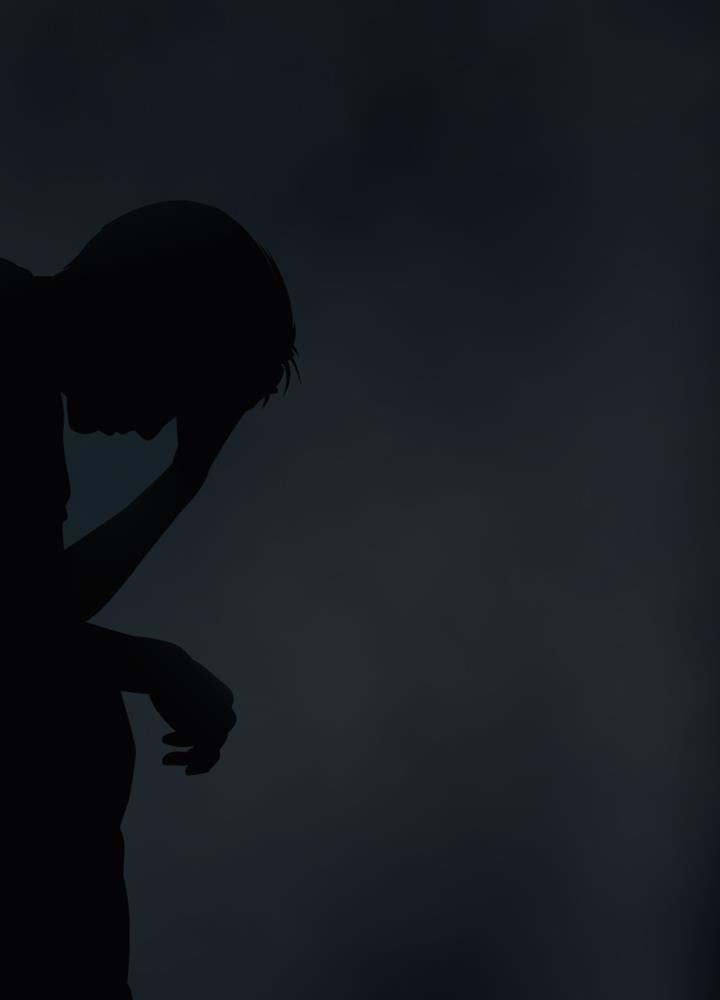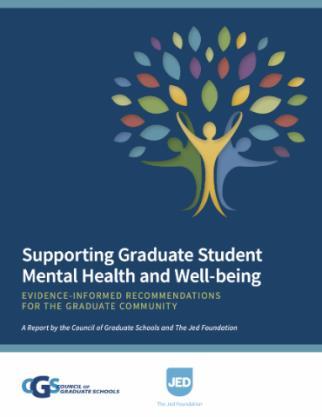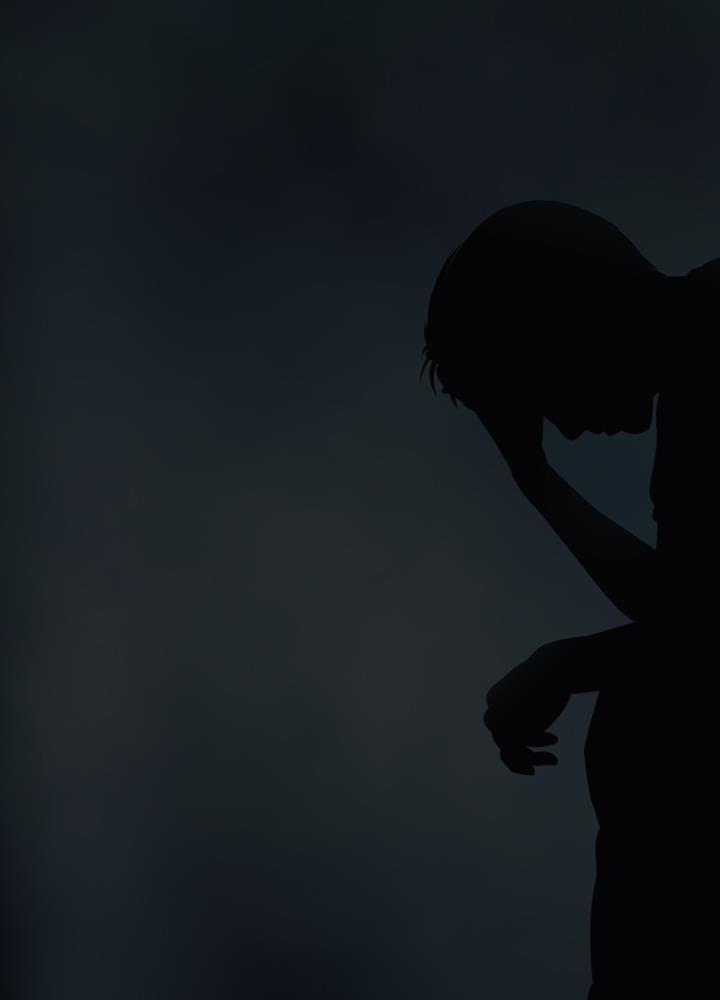
5 minute read
A. Welcome and Overview: Graduate Student Mental Health
What keeps you up at night? What worries do you have in your life that continue to weigh you down each day? Unfortunately, graduate students are not immune to stress and in fact, recent studies have noted alarming statistics regarding the mental health crisis of this nation’s graduate students. From imposter syndrome and feelings of being out of place, to isolation and to constant short and long-term deadlines, graduate school presents serious challenges to students’ mental health. Not to mention financial challenges, relationships with advisors, faculty and colleagues, the impending job market and other life worries. According to a recent study involving a survey of 3500 graduate students at twelve public institutions during the COVID-19 pandemic, 67% of respondents scored low on wellbeing factors; 32% had symptoms of PTSD; 35% had moderate or higher levels of depression; and 33% had moderate or higher levels of anxiety (Ogilvie et al., 2020). Additionally, a 2018 Harvard University study found that 18% of doctoral students experience moderate or severe symptoms of depression and anxiety, which is more than three times the population average (Barreira et. al.).

While there is a dearth of research in this area, one study was managed approximately 30 minutes up I-75 at the University of Kentucky. Dr. Nathan Vanderford at the UK College of Medicine recognized the lack of research and collaborated with researchers at the University of Texas Health San Antonio. Their study is entitled, “Evidence for a Mental Health Crisis in Graduate Education,” and was published in the March 2018 issue of Nature Biotechnology. In short, the study found that 41 percent of graduate students scored in the moderate to severe range for anxiety and depression, respectively. Further, female and transgender students had higher rates of anxiety and depression while healthy work-life balance and positive mentoring relationships correlated with lower rates of anxiety and depression. This data indicates a need for mental health services that are focused on graduate students.
Further, the Global Pandemic has encouraged researchers to further investigate graduate student mental health. A couple months ago (April 2021), the Council of Graduate Schools (in collaboration with the Jed Foundation) published, “Supporting Graduate Student Mental Health and Well-being: Evidence-Informed Recommendations for the Graduate Community.” The publication is effective in highlight several additional studies on graduate student mental health; however, the research outlines an evidence-based framework to guide the development of campus-wide, systematic approaches.
While the services of the outstanding EKU Counseling Center will be identified later in this article, as previously quoted, everyone at EKU can make a positive and lasting impact on the well-being of graduate students and on the mental health and inclusiveness of program environments. Supporting graduate student mental health and well-being must focus on the diversity of graduate students and their circumstances. For example, at EKU, 60% of our graduate students are online with the other 40% studying on-campus. Many work full-time or part-time jobs and rely on evenings and weekends to focus on their graduate studies. They range in age, socioeconomic status, and backgrounds. As such, a variety of strategies, practices and programs must be utilized to enable the challenging of assumptions about what graduate students look like, what their goals are, and what their stresses and challenges may be. The CGS report above gives many recommendations for different roles at the University, but a few key suggestions are identified below:


Administration and Graduate Deans:
• Ensure that campus strategic plans regarding mental health and well-being address the unique needs of graduate students. • Include training on graduate student mental health and well-being in orientations for new graduate students.
Graduate Program Coordinators: • Identify points of stress around major program milestones (comprehensive examinations or thesis / dissertation processes) and develop mechanisms for supporting / mentoring students through those transitions.

• Discuss and plan graduate student mentoring with faculty and staff. Work to establish a shared expectation that faculty will consider the whole student – not just their academic performance – in their mentoring.
Graduate Faculty: • Be transparent and clear about expectations, including expectations that students will take the time needed to rest and care of their health and well-being. • Express concern and care for students who appear to be struggling and prepare to connect them to appropriate campus resources.
Graduate Students:
• Reach out to faculty and staff if they observe students in distress. • Embody principles of self-care and compassionate mentoring.
As previously mentioned, EKU is home to many wonderful student support service offices. One of the key offices in assisting with graduate student mental health and well-being is the EKU Counseling Center. The Center, under the direction of Dr. Melissa Bartsch, seeks to provide a safe, welcoming, and affirming environment for all persons that seek services. Those counseling services are provided at no-cost to all currently enrolled EKU students. Further, the services are confidential as delineated by Kentucky State Law and American Psychological Association (APA) Code of Ethics. Finally, there are a wide variety of services offered to EKU students to include psychotherapy and other psychological services as well as the provision of psychoeducational events and programs to increase mental health awareness within the EKU community through prevention, education, and stigma reduction. Check out their website for more information.
An aspect of “One Eastern” means that we must all do our part to carry each other’s burdens. EKU will rise by lifting others. Ensure that your students understand the many resources available to them at this institution of higher education. Make sure to model the importance of work/life balance and self-care. With everyone working towards common goals, EKU will be unstoppable.

Dr. Ryan Baggett
Dean, EKU Graduate School Professor, EKU Homeland Security











